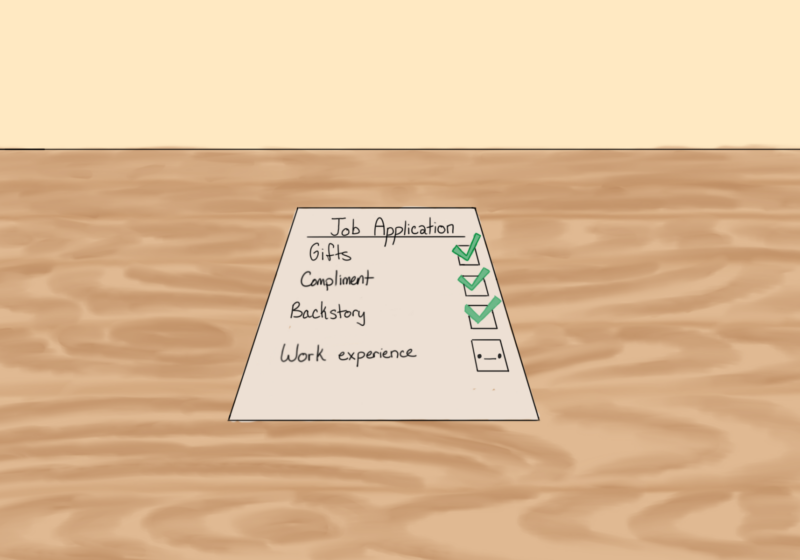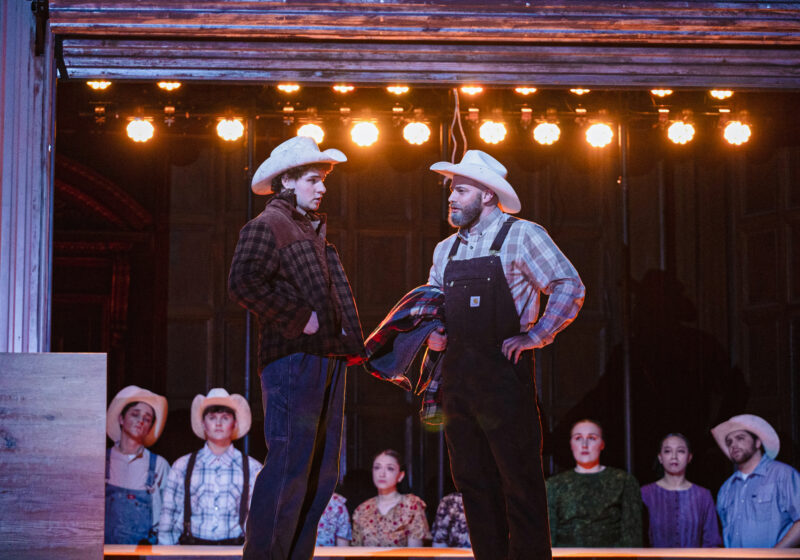At UR, a small group of students has taken an innovative approach to sustainable living by creating a cooperate living environment with a focus on an eco-friendly lifestyle. EcoHouse is located at 1201 Genesee St., just across the Genesee River from the University.
EcoHouse is owned and operated by current and former students who consciously make sustainable choices in their daily lives to conserve natural resources and offset global warming.
Not only is EcoHouse a way to live healthier, but it also allows its residents to eat healthier food options, such as organic, local and homemade foods as opposed to on-campus dining options.
EcoHouse was started in 2003 by a group of six very close friends: Nadia Alber ’04, Audrey Stewart ’05 (T5), Anna Barnes ’04, Jessica Gale’04, Andrew McNamara ’05 and Andrew Hall ’07 (T5).
‘We all wanted to live off campus and live as sustainably as possible,” Alber said. ‘We were sick and tired of not being able to “really’ control our heat, water and electricity usage. We wanted to be able to garden, compost food scraps and recycle more efficiently. We wanted to be able to buy food in bulk from the Farmer’s Market and cook it together in a wholesome family environment. We wanted to walk a little lighter on the Earth so to speak.”
The four female founding members began discussing the idea in the first semester of their junior year, and they were subsequently joined by the guys when they put the idea of the house into operation at the beginning of the 2003-04 school year.
EcoHouse is now part of the Minowan Environmental Co-op, which also includes its sister property, EcoEstate, across the street at 12 Arvine Heights.The EcoHouse community attempts to make environmentally friendly decisions in as much of daily life as possible. This is evident in the way the group shops, cooks, performs chores, lives and gets around.
They buy local food in bulk, taking weekly shopping trips to Wegmans, the Public Market and Abundance, a local co-op food market. These shopping trips translate into shared dinners and sometime potlucks, where members of the community take turns preparing meals.
EcoHouse members also try to keep energy use to a minimum by using compact florescent light bulbs, hanging clothes out to dry and keeping the heat low in the winter.
In addition, members prefer walking, biking, using public transportation or carpooling to get around the UR campus and Rochester.
One of the largest advantages this living style provides the group is an affordable living arrangement. For EcoHouse residents, total monthly rent payments range from around $300 to $450. This includes rent, utilities, wireless Internet, food costs and co-op fees and allows a 50-70 percent savings on room and board while attending UR.
In 2005, EcoHouse was the subject of an anthropology study at UR.
In the past, they have created a hydroponic garden. EcoHouse is also working with another co-op, Ant Hill, nearby in Brooks Landing in order to share a variety of ideas about their lifestyles, improving and sustaining the cooperative way of life.
Levy is a member of the class of 2008.




